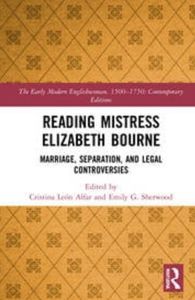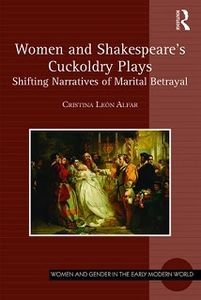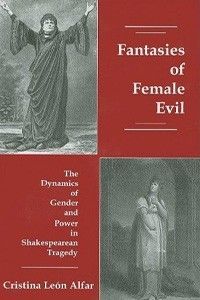Profile
Professor Alfar teaches Shakespeare, Renaissance Drama, and the Survey of British Literature. She also teaches special topics, honors, and MA courses on Feminism and Shakespeare. She is often an undergraduate advisor. Research and teaching interests include, Shakespeare, Early Modern English drama, gender studies, sexuality, political history, history of women, marriage law, parrhesia, and feminist ethics.
Along with being a reader and writer, she is an amateur gardener and a crazy (and proud) cat lady.





